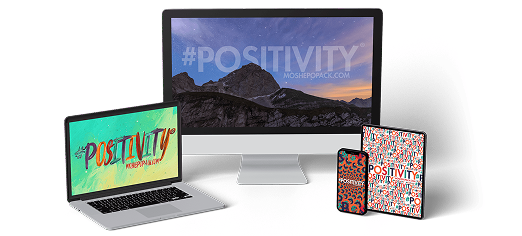Sometimes it’s better to pay 100% cash than going for a mortgage. If you find a house and it’s a tremendous investment, in order to move fast and motivate the seller you may want to come up with cash and tell them you’re going to close quickly, like in a couple of days. That may be enough to incentivize them to sell you the property.
Eventually you can refinance, but sometimes if you’re getting an amazing price, just pay cash, get the deal, and worry about it later.
Here are some more benefits in choosing cash instead of a mortgage.
One of the main advantages of paying in cash is that you get to avoid interest payments. When you finance a home through a mortgage, you are basically borrowing money from a lender and agreeing to pay it back over an extended period … with interest. When you pay in cash, you eliminate interest payments, and that can potentially save you a substantial amount of money over the duration of the loan.
Furthermore, paying in cash provides a sense of outright ownership. Without the ongoing obligation of mortgage payments, you get the peace of mind that comes with owning your property outright. This can be particularly appealing if you value the freedom of not being tied to monthly mortgage commitments and want to eliminate any risk of foreclosure if you suffer a financial hardship down the road.
As mentioned earlier, paying in cash streamlines the home-buying process. In a competitive real estate market, sellers often prefer cash buyers over those relying on financing. Cash transactions generally move faster and have fewer complexities compared to mortgage transactions, making them more attractive to sellers. This advantage can be especially crucial in a competitive market where quick closings can make all the difference.
Moreover, paying in cash allows buyers to negotiate more effectively. Since you have no need for lender approval and your closing process is simplified, as a cash buyer you often have greater negotiating power when it comes to the purchase price. Sellers may be more willing to entertain lower offers from cash buyers who can offer a quick and straightforward transaction.
However, there are considerations and potential downsides to paying in cash. Paying a significant amount of cash for a home purchase may impact your overall financial liquidity. It’s critically important that you assess whether committing a substantial portion of your assets to real estate aligns with your overall financial goals and ability to prepare for an emergency.
Additionally, there’s an argument to be made that utilizing a mortgage allows you to leverage your investments. By financing a home purchase, you can invest your cash elsewhere, potentially earning a higher return than the cost of mortgage interest. This perspective places an emphasis on the opportunity cost of using cash for a home purchase instead of exploring other investment options.
In conclusion, the decision to pay in cash instead of opting for a mortgage depends on your financial circumstances and priorities. While paying in cash does have advantages, including interest savings, quick transactions, and negotiating power, you need to carefully weigh these benefits against potential drawbacks like financial liquidity and missed investment opportunities. Ultimately, the decision comes down to your financial goals, risk tolerance, and wealth management strategy.

